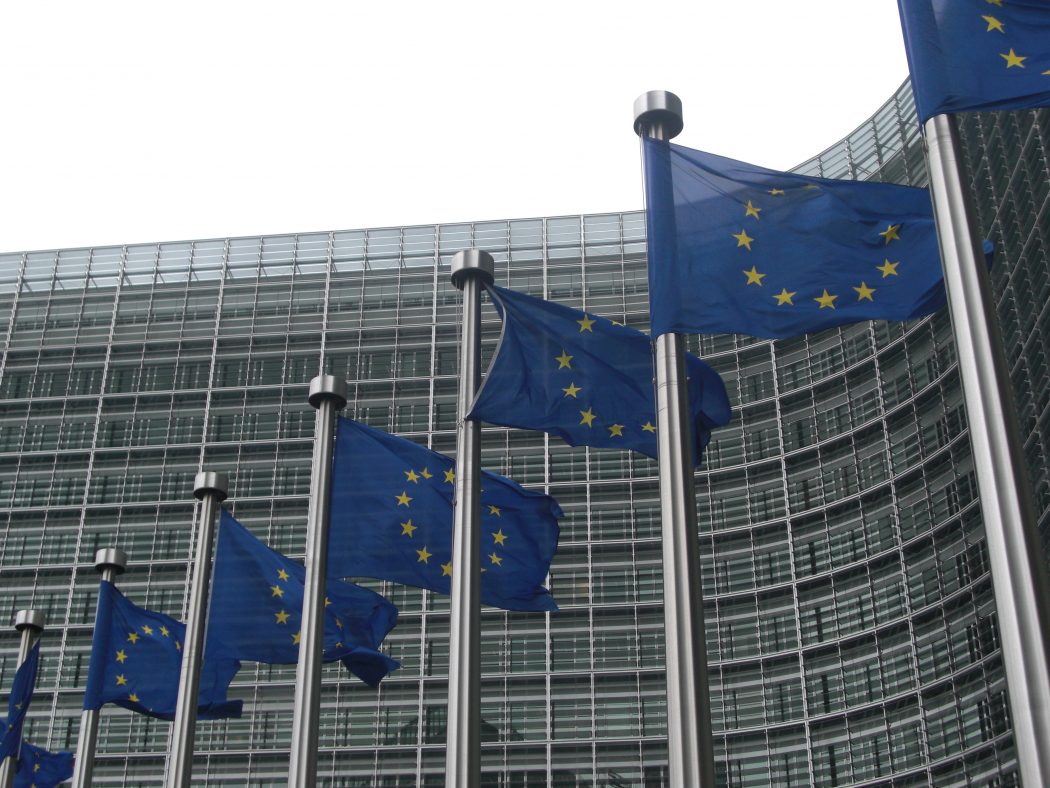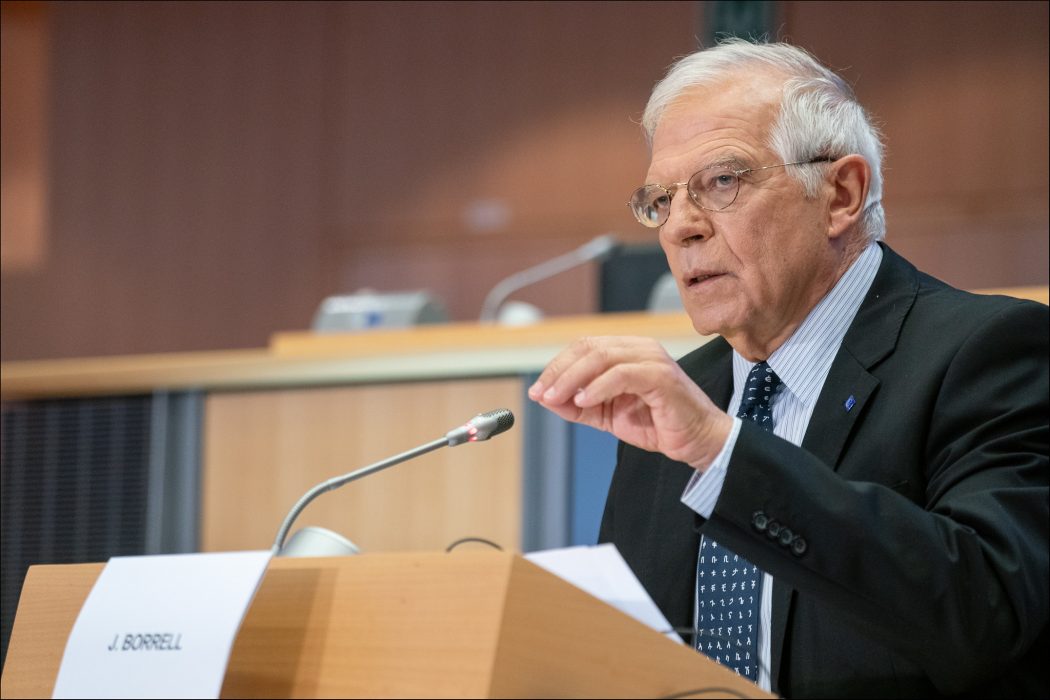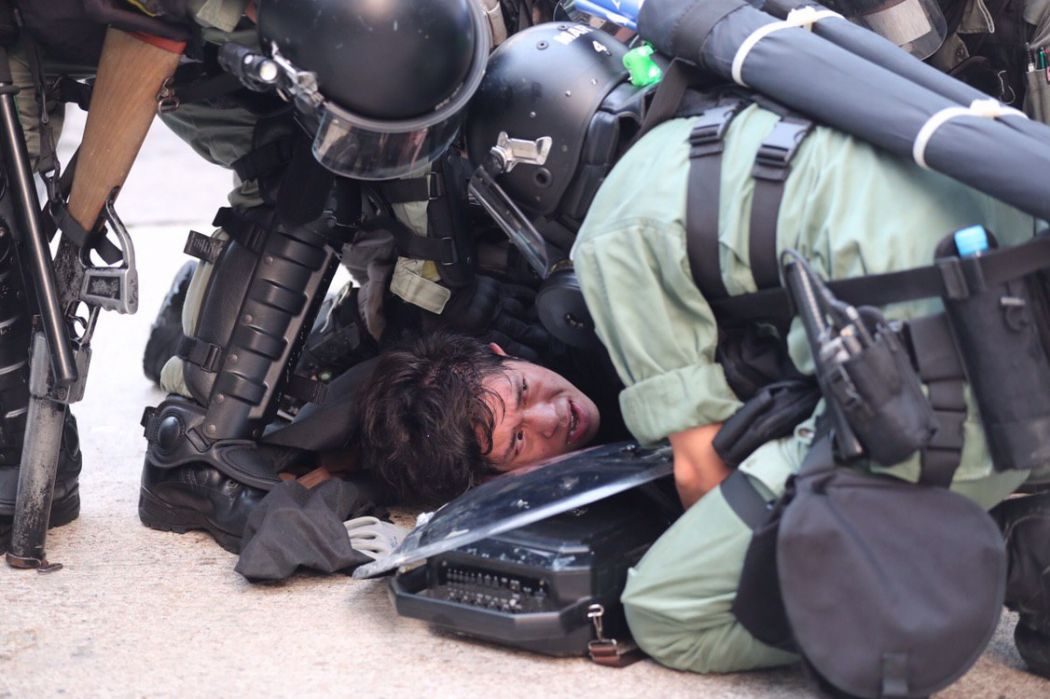The European Union in its annual report to Brussels on Wednesday voiced concern over the increasing “erosion” of freedoms and the One Country, Two Systems framework in Hong Kong under the Beijing-enacted national security law.
The union described last year as “exceptionally challenging” for the city, saying de-escalation and dialogue were key to quelling unrest triggered by an ill-fated extradition bill.

The annual report was the 22nd of its kind about political and economic developments in Hong Kong to the European Parliament since the 1997 transfer of sovereignty from British to Chinese rule.
It said violence in any form was unacceptable and urged law enforcement measures to be proportionate. It also called for a comprehensive inquiry into the causes of social unrest since last June, while encouraging local and central authorities to pursue democratic electoral reform in the city.
‘Serious challenges’
EU Minister for Foreign Affairs Joseph Borrell said in a statement that the report took stock of serious challenges to Hong Kong’s autonomy, stability and freedoms over the past year: “[W]e will not simply stand back and watch as China attempts to curtail these freedoms even more, with its imposition of the draconian national security law.”

“It is in the whole world’s interest that Hong Kong can thrive both as a part of China and as a vibrant and unique international business centre and crossroad of cultures based on its high degree of autonomy as enshrined in the Basic Law.”
‘Not without limits’
In a statement, the Hong Kong government responded to the EU, reaffirming its belief that the new law would not curb residents’ freedoms or the rule of law as guaranteed under the Basic Law: “[The national security law] will not affect the high degree of autonomy, judicial independence and the rule of law in Hong Kong. The legitimate rights and interests of Hong Kong citizens will not be affected.”
“The HKSAR government always respects and protects human rights and freedoms. However, rights such as freedom of expression or assembly are not absolute and are not without limit.”

It also said it hoped the international community would take an “objective view” on the developing situation in Hong Kong and urged for practical cooperation: “The HKSAR Government calls on the EU member states to adopt a pragmatic and rational attitude, and bear in mind the mutually beneficial relations between the two sides.”
Since the passing of the law – criminalising secession, state subversion, terrorism, and collusion with foreign forces in the city – the slogan “Liberate Hong Kong” has been banned, certain political titles have been pulled from library shelves and students have been forbidden from political activities in schools.
